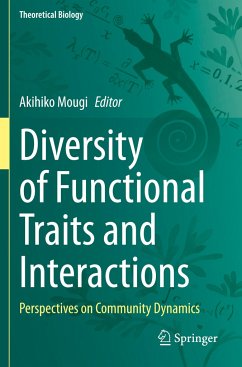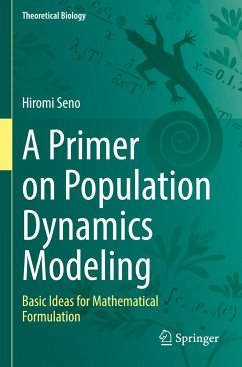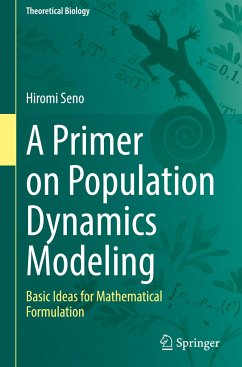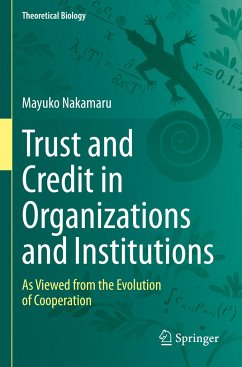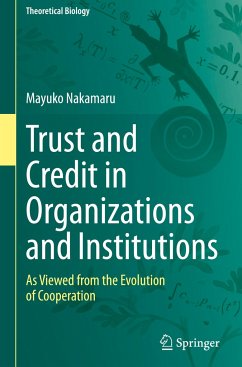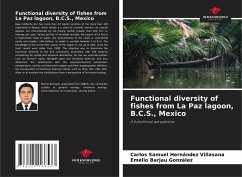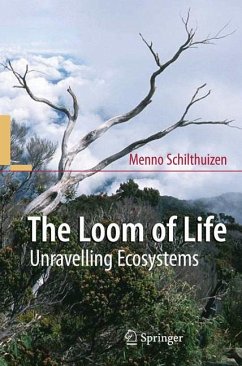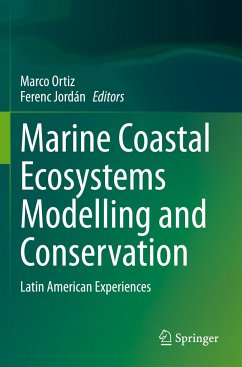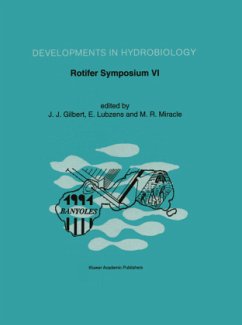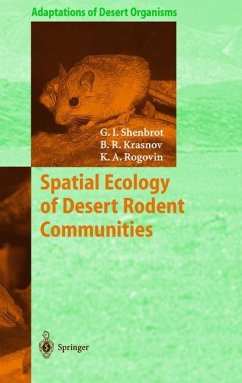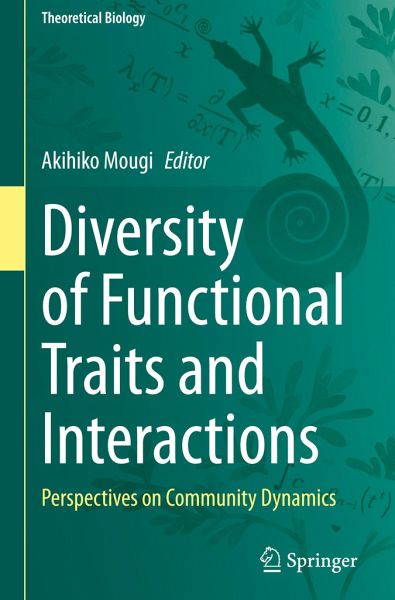
Diversity of Functional Traits and Interactions
Perspectives on Community Dynamics
Herausgegeben: Mougi, Akihiko

PAYBACK Punkte
38 °P sammeln!
This book presents new theoretical perspectives on ecological community dynamics and in so doing casts fresh light on the enduring complexity-stability debate. Real ecological communities do not simply comprise diverse species and interactions, which respectively represented the nodes and links of the classic network theory. Rather, they are characterized by different types of complexity, and this book explains how this diversity of complexity is key to understanding the dynamics of ecological communities. It is shown how various properties in natural communities, such as life history, adaptat...
This book presents new theoretical perspectives on ecological community dynamics and in so doing casts fresh light on the enduring complexity-stability debate. Real ecological communities do not simply comprise diverse species and interactions, which respectively represented the nodes and links of the classic network theory. Rather, they are characterized by different types of complexity, and this book explains how this diversity of complexity is key to understanding the dynamics of ecological communities. It is shown how various properties in natural communities, such as life history, adaptation, density dependence, sex, interaction types, space, functional traits, and microbial processes, can dramatically increase the complexity in ecological communities. Furthermore, innovative methods are introduced that may be applied to cast light on very complex communities. With each chapter presenting the latest advances and approaches, the book sets the direction for future researchon ecological community dynamics. It will be a "must read" for researchers and students in the field of ecology.



